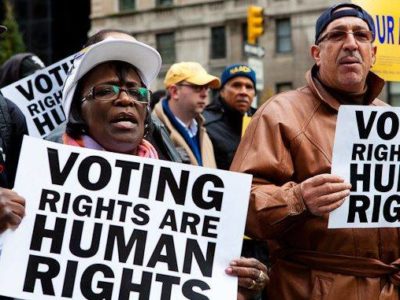Voting for the first time or even voting in general holds a lot of responsibility. Voter turnout varies from election term to election term, but sometimes the reason behind it may derive from not knowing how to go about voting. From simple things like knowing how to register to the more complex things like knowing what the candidates advocate for, a lot of it can feel overwhelming. Although the election process holds much depth, some of it can actually seem a lot easier than it sounds.
Read on for 8 things that will hopefully make voting on election day a lot less intimidating.
Why do we vote?
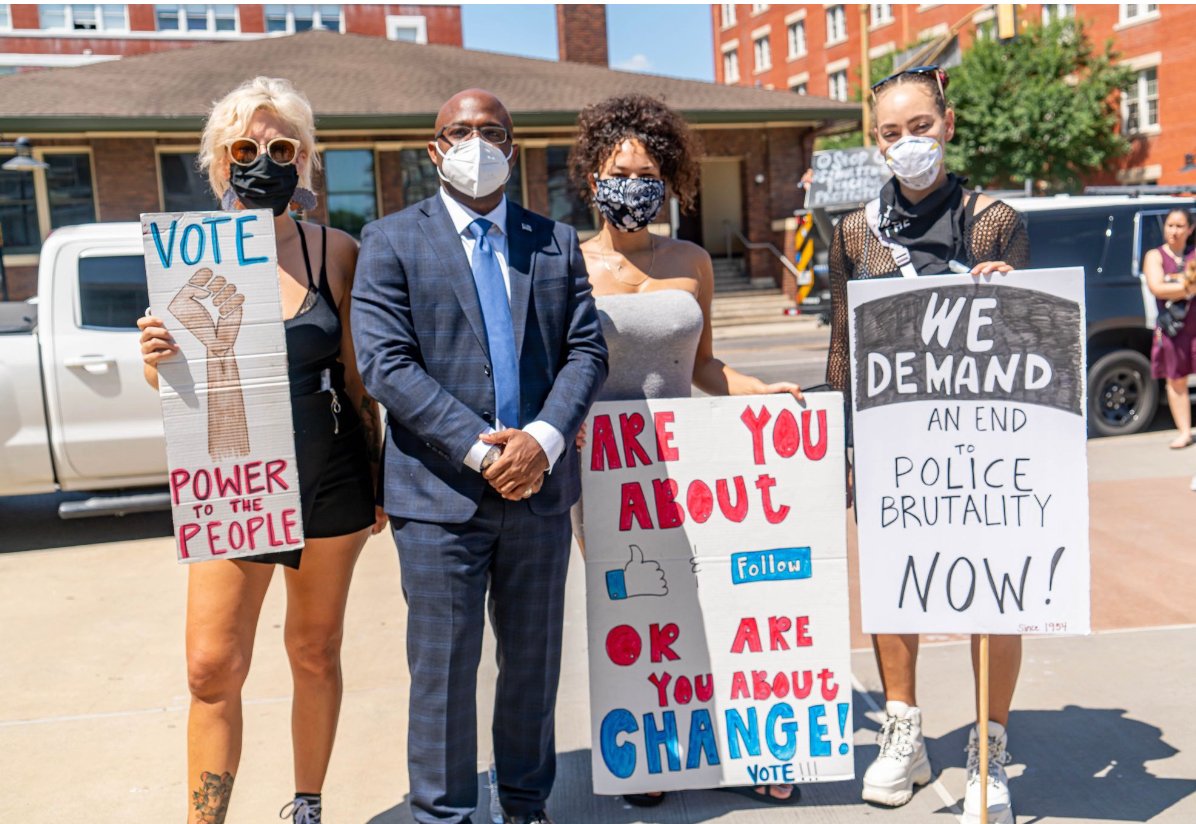
In simple terms, voting remains a crucial part of our democracy, but we need to break down what that really means. Voting rights expanded immensely from the time when George Washington took office to now. In a time where a small percentage of people could actually vote, we now all hold the right to vote as U.S. citizens. People currently stress the idea of “using your voice” for enforcing change, but furthermore, we need to also use our vote. “Voting allows us to be more involved and consensual with all levels of our government and forces us to try and create a deeper understanding of the direction of politics around us,” University of Florida junior Ty Livezey said. In theory, voting gives you the power to tell the government which direction you think our country should head towards.
In fact, when you truly understand the voting process, a lot more goes into it than the common folk may think. “People fail to realize how expensive voting is,” University of Florida junior Joseph Elkach said. “Many of us think of voting as simply electing the president but it also covers Congress, state government, local government, and even amendments to our state constitution.” With this, make it understood that you hold the responsibility and privilege to vote in order for a change in all areas of our system to take place.
What are the different levels of voting?
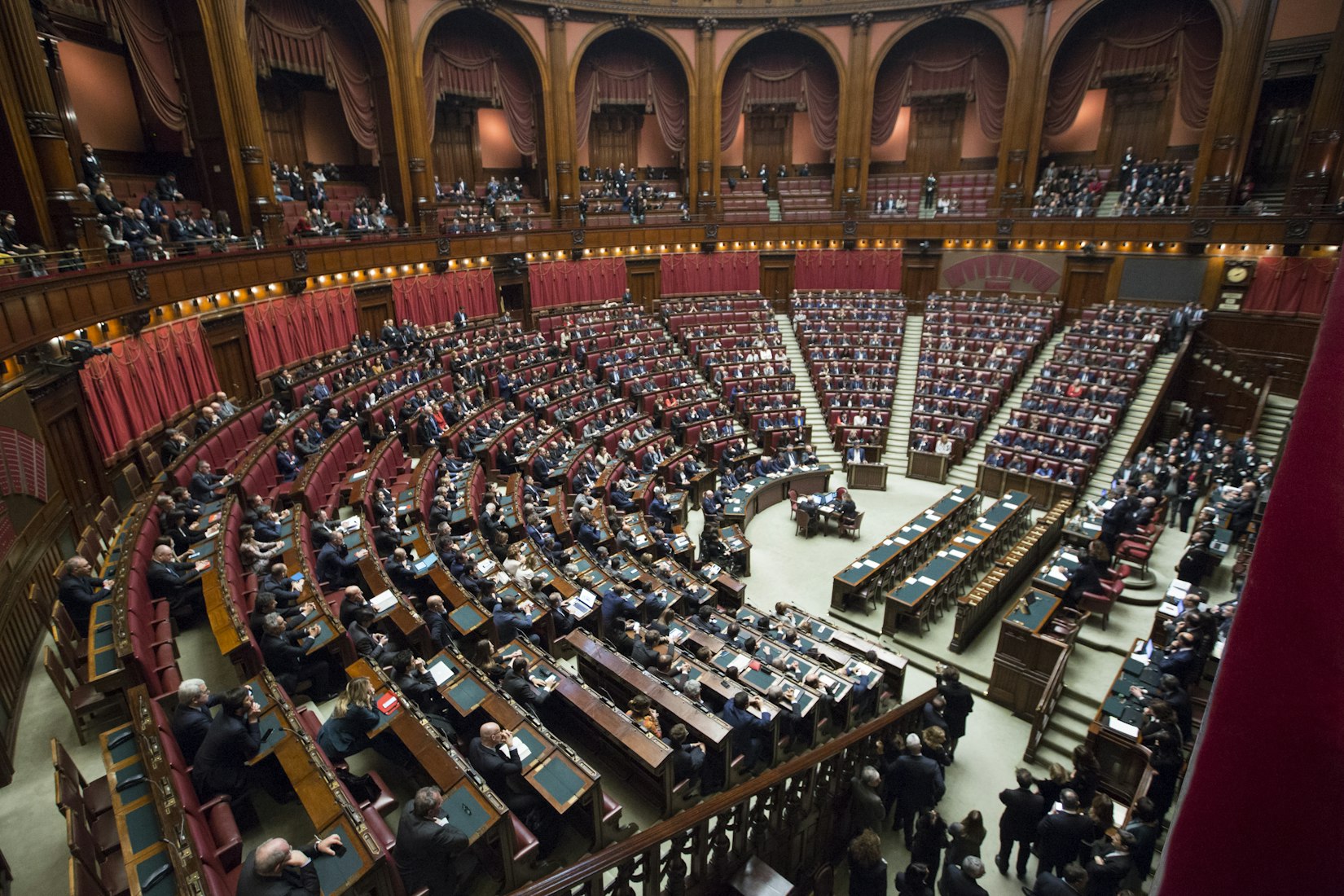
Local Elections
Local elections decide on who will serve as your mayor, on the school board, as the sheriff and as your city council members. In a sense, this vote actually counts the most. If national officials don’t bring forth change, local officials most likely can. Some responsibilities of the locally elected involve local school quality, policing and public safety, rent and affordable housing, public transit and city colleges. For example, at a county level, officials work with things like taxes, infrastructure and marriages. The people you elect to act as Supervisors of Commissioners.
State Elections
Moving further out, we also partake in state elections. Voters take responsibility for voting in their state legislatures and governors. Governors, chosen by popular vote, authorize executive orders, prepare state budgets and veto legislation. State legislatures approve a state’s budget and initiate tax legislation. Additionally, state courts deal with trial courts involving issues that range from traffic fines to divorce settlements or even murder cases.
National Elections
Thirdly, the national election, takes on who will hold the presidency and vice presidency. After the primaries take place, a candidate representing each party will run against each other in the hopes of being the next president.
Ultimately, all three levels serve different purposes, but all three levels give you the option to vote for what you think will be most beneficial locally or nationally.
Does my vote count?
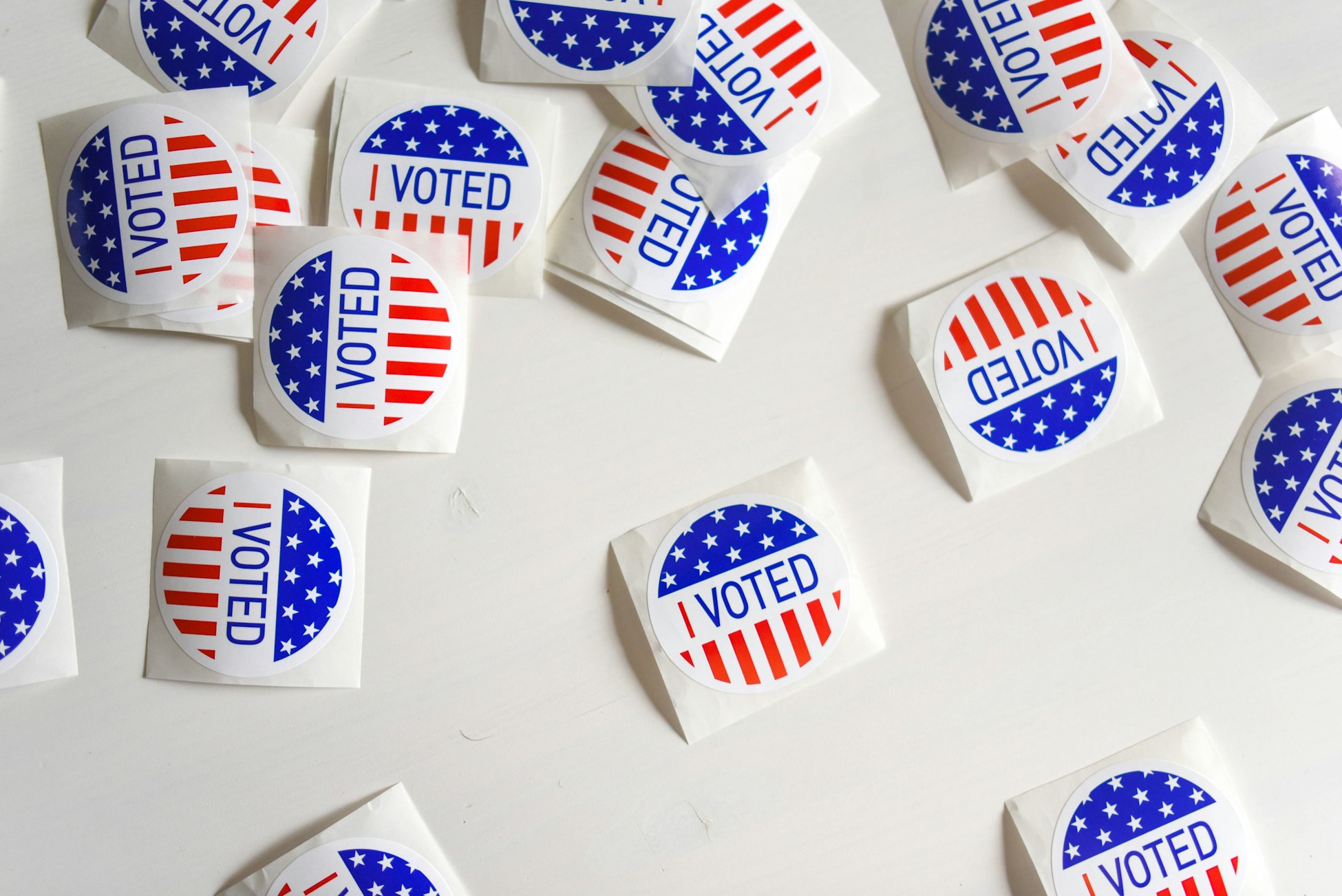
Time for the question that we ask year after year. One of the biggest misconceptions faced when it comes to voting, revolves around the idea that “my vote doesn’t count — therefore, I don’t need to vote.” This isn’t entirely true. The national election serves as an “indirect election.” This means that when you vote, the decision will not rely on your direct vote for the candidate you chose on the ballot, but rather the party they represent whether Republican, Democrat or a third party. To simplify things as much as possible, the Electoral College made up of 538 members actually holds the responsibility of analyzing the public’s votes and then choosing the president from there.
Although you indirectly vote for the president, it remains crucial that you still vote. “MANY elections are won marginally, and in the past 20 years, there have been more than a dozen U.S. elections that were decided by a singular vote,” Livezey said. In our generation especially, voting needs to be stressed. “It’s important that we don’t allow young people to be excluded by this democratic process,” University of Florida junior Sofia Mingote said. “We are eligible voters, we are capable of making our own decision and we are capable of voting people in office that will give the full scope of viewpoints in our electorate.” Since the electoral vote almost always lines up with the popular vote, it’s imperative that you get to the polls come the elections.
What are the different types of elections?
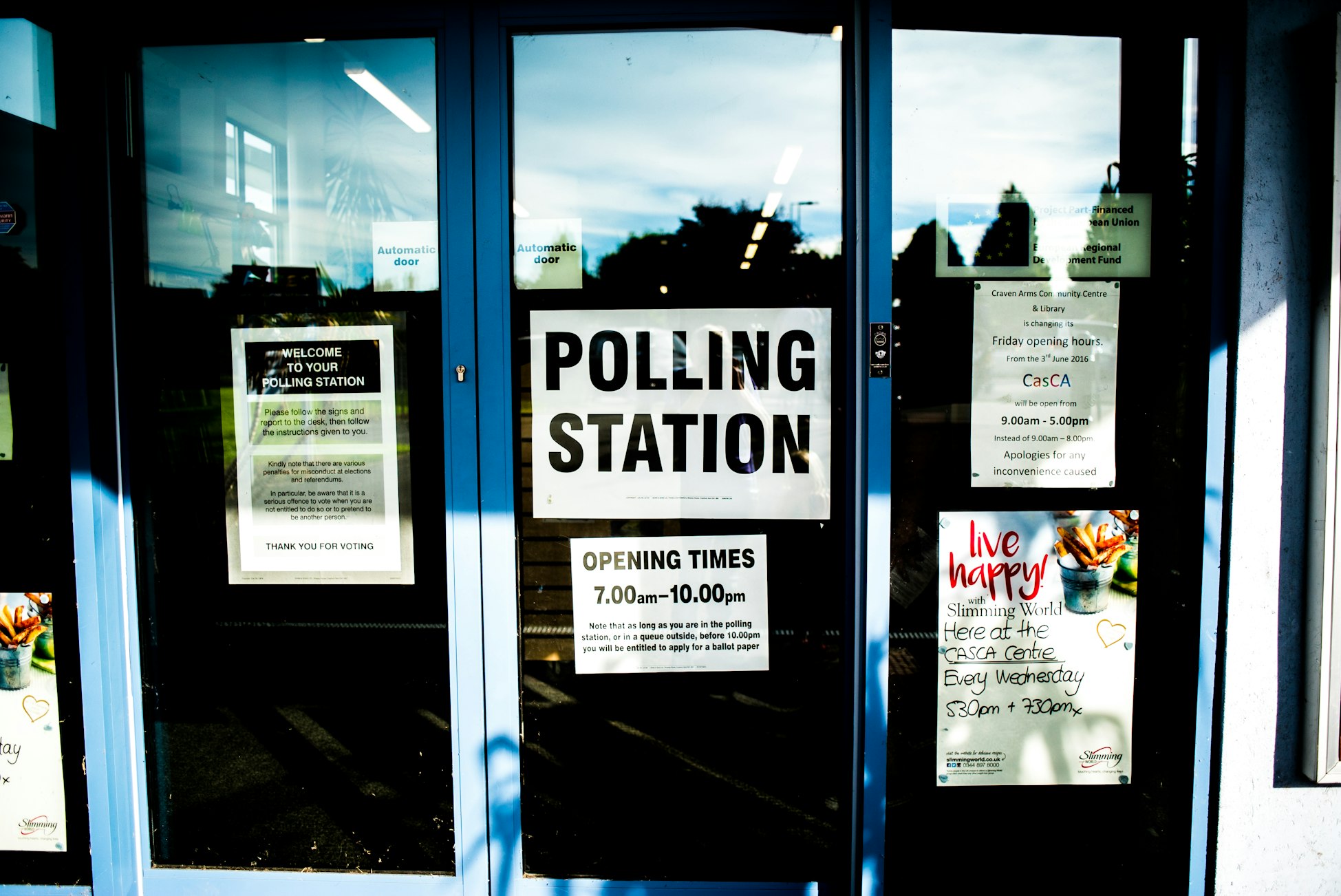
Think of the primaries as a narrowing down of candidates. In the primaries, all of the candidates represent the same party at a state level. Primary elections take place on specific dates according to your state; to check the date of your state’s primaries, click here. Primaries determine which candidate of that party will run in the general election. Keep in mind, some states are “closed-primary states.” This means that to vote in the primaries, you need to orient with that party on paper.
In an “open-primary state,” you can vote for both. So, for example, in this set of primaries, in a closed-primary state, you can only vote for the democratic candidate if you registered as a democrat. With this, the candidate on this party will need to win an absolute majority to move onto the general election held in November. The general election then takes place, which party versus party runs for the presidency. So, this year, the election stands between Donald J. Trump versus whoever wins the primaries. As you could imagine, you should not neglect to vote in the primaries because it allows you to choose who you want to go up against the current president or whoever represents the opposing party.
How do I educate myself on the candidates come election day?

Not truly knowing who or what lies on the ballot may give you a reason to stray away from the voting booth. As students, we often find ourselves so preoccupied with school and extracurriculars, that finding the time to crack down on political candidates seems impossible. So, how do you go about educating yourself?
First, take a step and evaluate your information intake from the media. “Don’t go to the media conglomerates like CNN and FOX news to accumulate your information because you’re going to get very biased and talking head opinions,” Mingote said. Much of the information provided by the national media placed in the political environment can cloud fact with bias. An alternative approach may lead you to get information from a different level of media coverage. Local news networks may provide a more in-depth analysis of the candidates and their issues, so keep those in mind when educating yourself on them.
It also deems important that you can keep an open mind when doing your research. In the age of social media, we can find it so easy to just check Twitter when consuming our information. Whether you get your information from social media, TV or print sources, make sure not to limit yourself to just one outlet. “It’s important that when you read something, [that] you’re always skeptical and question everything that’s written,” Mingote said. During election season, much of the campaign ads and articles will provide a perplex of information in which not all will stand as completely accurate.
Keep in mind who the article belongs to and if the content of the article seems realistic. “Try to go the extra mile to find sources that seem neutral or are predominately academic-based or research-based,” Mingote said. Facts from rhetoric can lack a great deal from the political media scene. Look for sources professionally fact-checked against actual evidence and use numbers that come from multiple sources.
Knowing what each candidate stands for should make its way into your research. “Watch debates, go to on the candidates’ websites and see what policies they support, see who funds their campaign and how that may influence their voting record when elected,” University of Central Florida Junior Edgar Moncayo said. By knowing the in-depth information about the candidates, you can choose where your views and values align the most which may make it easier come election day.
How do I register to vote?

Above anything, you want to make sure you register to vote. If you hold citizenship to the U.S., age at 18 or older and hold state residency requirements, you can begin registering. Also, keep in mind, that if you will be 18 by the day of the election, you can also register. Although this looks a little different depending on which state you reside in, you can register at vote.gov. Keep in mind that your registration deadline depends on which state you live in– You can find this information here. With your registration, you may receive your polling location or a mail-in ballot for you to vote during the early voting period. If busy on election day, you can register for an absentee ballot here.
You may also want to confirm that your registration went through–you can check that here. On top of this, your state may also allow you to enroll for absentee or early voting–To check whether or not eligible, check here. Keep in mind that everything depends on a state to state basis. Make sure you know what state you will vote in and familiarize yourself with that state’s registration and voting process. If you attend college out of state, you can register to vote in your home state or your college state, but not both. If you choose to register in your home state, you will need an absentee ballot. Keep in mind, if you choose to vote in your college state, you may need to familiarize yourself with those state’s local issues. Also, the state you vote in may serve as a swing state. Your vote could potentially impact differently depending on the state you vote under.
How do I read a ballot?

This can serve as another concern that may lead you astray on election day. The ballot holds more factors to fill out than just who you want for president. Luckily, sample ballots exist. “We have so many accesses to sample ballots,” Mingote said. “I would mark it up and add notes.” Note that a sample ballot may be ideal as so much goes into it. “Most voters only consider the biggest of the policies and candidates when going to vote and fail to inform themselves on the smaller issues and candidates they’ll also be voting for,” Livezey said. Just like voting registration, ballots may differ depending on the county you choose to vote in. You can view a sample ballot depending on your county here.
Where do my values come into play when voting?
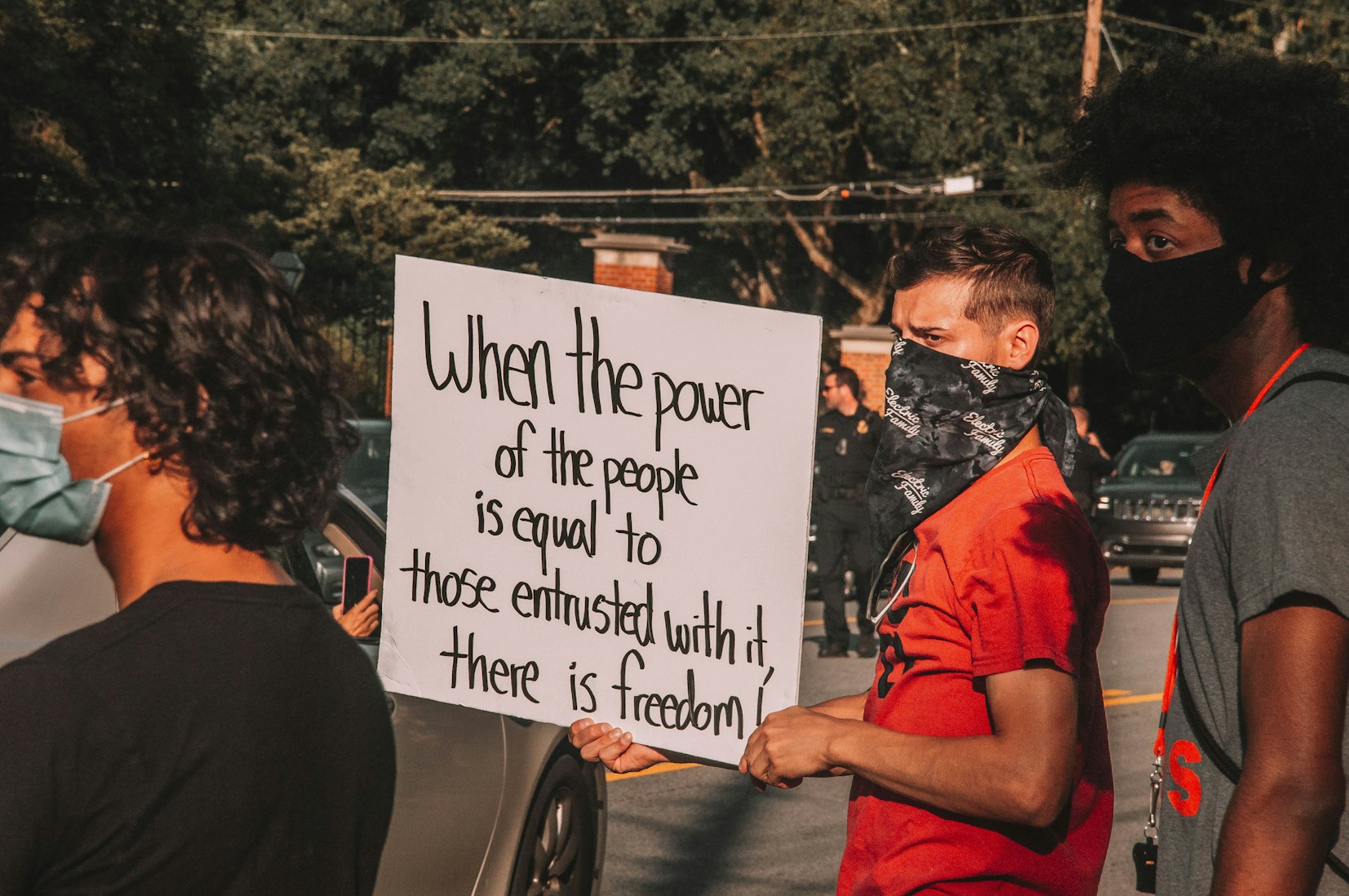
What if your vote won’t align with your friends’ or family’s vote? With this, really channel what matters to you the most. Which policies will align with your beliefs and consider all people? “How can I choose a candidate that will be a voice for me on a platform that I don’t necessarily have,” Mingote said. If you want to see something potentially enacted upon in the future, see what candidate can make that possible. “Our values force us to try and organize policy in an order of importance, so whichever candidate can prioritize my ‘important’ policies the best wins my vote,” Livezey said. It can feel easy to feed into social media and your peers’ ideas. Ultimately, though, what you put on your ballot must come from you.
If your family enforces certain values, listen and consider their ideas. However, make your own decisions and don’t vote a certain way to satisfy someone else. You may want to initiate these conversations with your family. Remind them that ultimately a vote is a solo decision. Maybe help them to realize that how they grew up may or may not work the same way for you. What works for them may not work for you, so don’t feel pressured to cater to their wants when filling out the ballot. Lastly, put your vote towards someone you can trust. “I need to see action, not words,” University of Florida junior Valeria Voelkl said. By ensuring that a candidate can act upon their words, look at what they accomplished in the past. Does it align with what you value?
Overall, as election day approaches, do your research and look at things with an open mind. Do know that your vote matters. “Voting will always matter regardless of whatever the case may be,” Mingote said. “If you are registered to vote and you do your diligence in researching the candidates on the ballot, and you make an educated vote, then you have done an incredible job of enjoying the fruits of democracy.” Although convoluted, the democratic election process grants us a privilege that other countries don’t have at all: don’t let it go to waste. Go out and vote!

